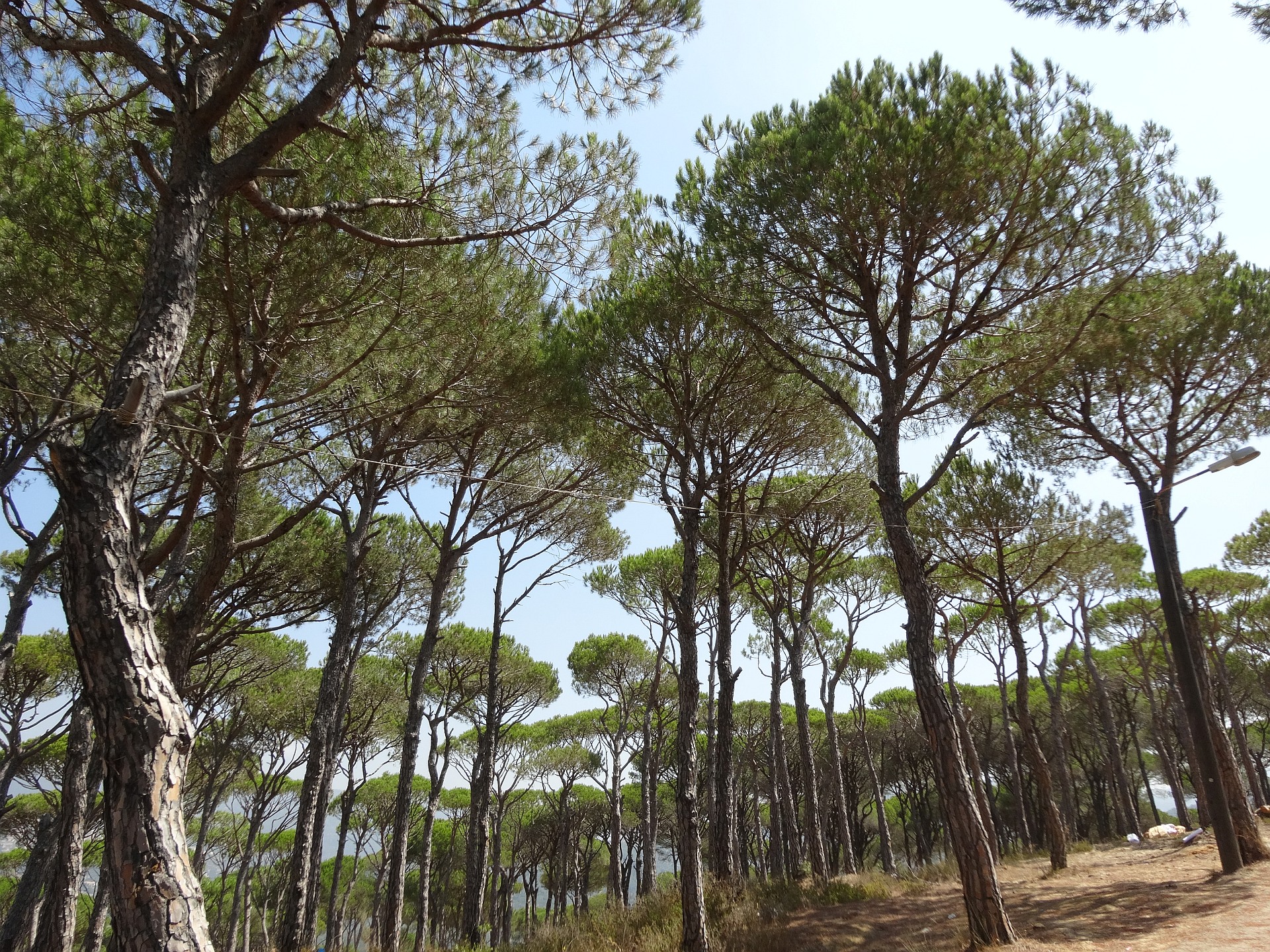The 27th Session of the Committee on Forestry showcases NENA's forestry innovations

The Near East and North Africa (NENA) region is playing a pivotal role at the 27th Session of the Committee on Forestry (COFO 27), which began today at FAO headquarters. This session marks a significant occasion for global forestry strategies, co-hosted with the 9th World Forest Week. High-level representatives, forest service leaders, and government officials have gathered to shape the future trajectory of forestry policies and technical advancements.
COFO, the paramount governing body for forestry within FAO, serves as a vital forum for members to discuss innovative strides in forestry. The 27th session, themed "Accelerating Forest Solutions through Innovation" will delve into critical topics such as scaling up agroforestry, mitigating climate change impacts, restoring ecosystems, optimizing urban agrifood systems, managing wildfires, and strengthening agriculture-forestry linkages.
Central to these discussions is the release of FAO’s flagship publication, “The State of the World’s Forests 2024”, offering a comprehensive analysis of innovations driving sustainable forestry practices worldwide.
During COFO 27, members from the Near East Forestry and Range Commission (NEFRC) Steering Committee will highlight the regional context through discussions on bioeconomic innovations, including cork-based energy solutions and sustainable practices for non-timber forest products. They will also highlight successful initiatives from the NENA region, such as integrated silvo-pastoralism and sustainable grazing policies, which serve as models for global collaboration in sustainable land management practices. Additionally, urban forestry success stories, exemplified by Saudi Arabia’s Green Riyadh and similar initiatives across Bahrain, Jordan, and Tunisia, underscore the crucial integration of green spaces into urban planning frameworks. These discussions build upon the significant themes and recommendations from the second NEFRC Steering Committee meeting held in June 2024, which are pivotal discussion points at COFO 27.
A prestigious high-level event on July 24 will see the NEFRC chairperson spotlight the commission's work and regional interests, as well as discuss future priorities. Discussions will underscore the pivotal role of diverse ecosystems—from Lebanon’s dense cedar forests to the expansive rangelands of the Arabian Peninsula—in biodiversity conservation, livelihoods, and climate change mitigation. The event will highlight the challenges posed by water scarcity and agricultural land degradation in the Middle East, advocating for ecosystem-based solutions amidst climate challenges.
The 9th World Forest Week, held in parallel with COFO 27, includes pivotal side events, with two notable events organized by Saudi Arabia. The event "Forest and Land Restoration - Pathways to UNCCD COP16" on July 25 will share Saudi Arabia’s experiences with major forestry initiatives for sustainable land restoration. Another key event, "Greening Mangrove in Dryland" scheduled for July 26, aims to raise awareness about the critical role of mangroves in sustainable development, livelihoods, and climate resilience, particularly in dryland countries. Saudi Arabia's ambitious mangrove planting programme, part of the Saudi Green Initiative, seeks to plant 10 billion mangrove trees to tackle climate change, reduce carbon emissions, and improve the environment.
Interventions from other NENA countries, such as Algeria's contribution during the “Green Cities Initiative Special Event” on the 26th of July, will focus on how FAO, national ministries, municipal governments, and city departments can work together with other stakeholders to improve urban resilience and the health and well-being of urban dwellers.
COFO 27 and World Forest Week 2024 underscore the urgent need for regional cooperation and sustainable management practices to address environmental challenges and ensure the resilience of ecosystems across the Middle East and North Africa. Global leaders and experts are poised to drive transformative progress in sustainable forestry practices, with outcomes that promise to shape future policies and pave the way for a resilient and thriving global forest ecosystem.
